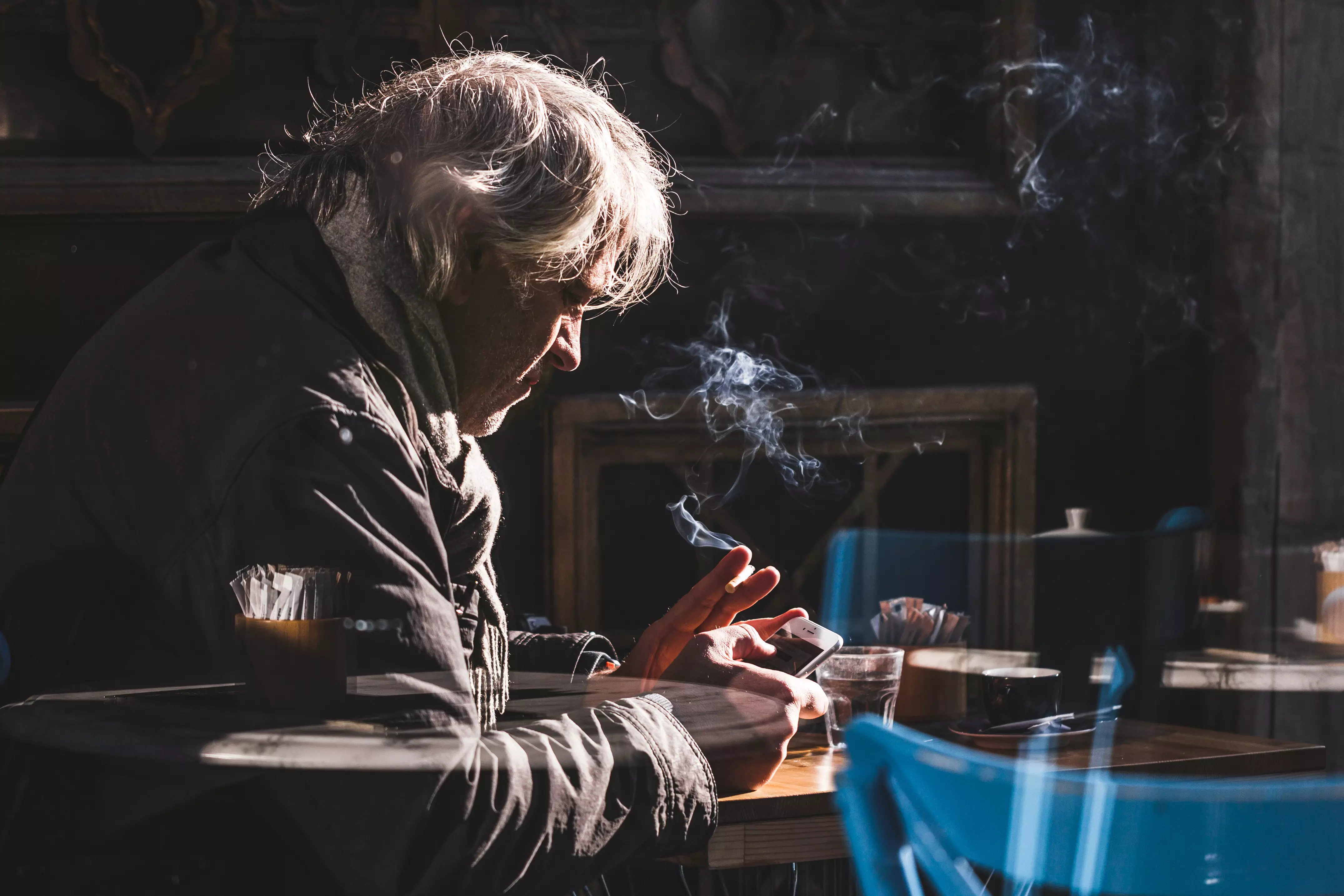Passive smoking elderly: Specific risks and challenges
Passive smoke, also known as ambient smoke or second-hand smoke, is tobacco smoke inhaled by non-smokers. It consists of smoke emitted from the end of a burning cigarette and smoke exhaled by the smoker. Although secondhand smoke is dangerous for everyone, the elderly exposed to secondhand smoke are in a particularly vulnerable position. Let's take a look at the specific risks and challenges of secondhand smoke for the elderly.
Passive smoke and chronic diseases
The elderly are at greater risk of chronic diseases, such as heart disease, cancer and lung disease, which can be exacerbated by secondhand smoke. For example, long-term exposure to secondhand smoke is one of the risk factors for developing chronic obstructive pulmonary disease (COPD) and lung cancer.
Effects on the respiratory system
Older people often already have a weakened respiratory system, and secondhand smoke can worsen these problems. Secondhand smoke has been linked to a high risk of pneumonia, which is particularly dangerous for older people with already weakened immune systems.

Housing Issues
The elderly may not have full control over their living environment, especially if they live in nursing homes, multi-generational homes or other shared spaces. This can mean they are more vulnerable to secondhand smoke, especially if they live with smokers.
Effects on mental health
Older people are particularly susceptible to mental health problems such as depression and anxiety. The stress of secondhand smoke can exacerbate these conditions.
Challenges of domestic violence and caregiving
Unfortunately, in some cases secondhand smoke can be used as a form of domestic violence or elder abuse. A smoker may intentionally smoke near an elderly person or refuse to follow smoking rules, leading to unnecessary exposure to secondhand smoke.
Summary
Secondhand smoke is a serious public health problem that affects people of all age groups, but the damage is particularly great among the elderly. The elderly are more likely to suffer from chronic diseases that can be worsened by secondhand smoke, and they often do not have full control over their environment, which can lead to unnecessary exposure. It is important to know these risks and take steps to protect the elderly from secondhand smoke.
 smokefreeamericas.org
smokefreeamericas.org smokefreeamericas.org
smokefreeamericas.org